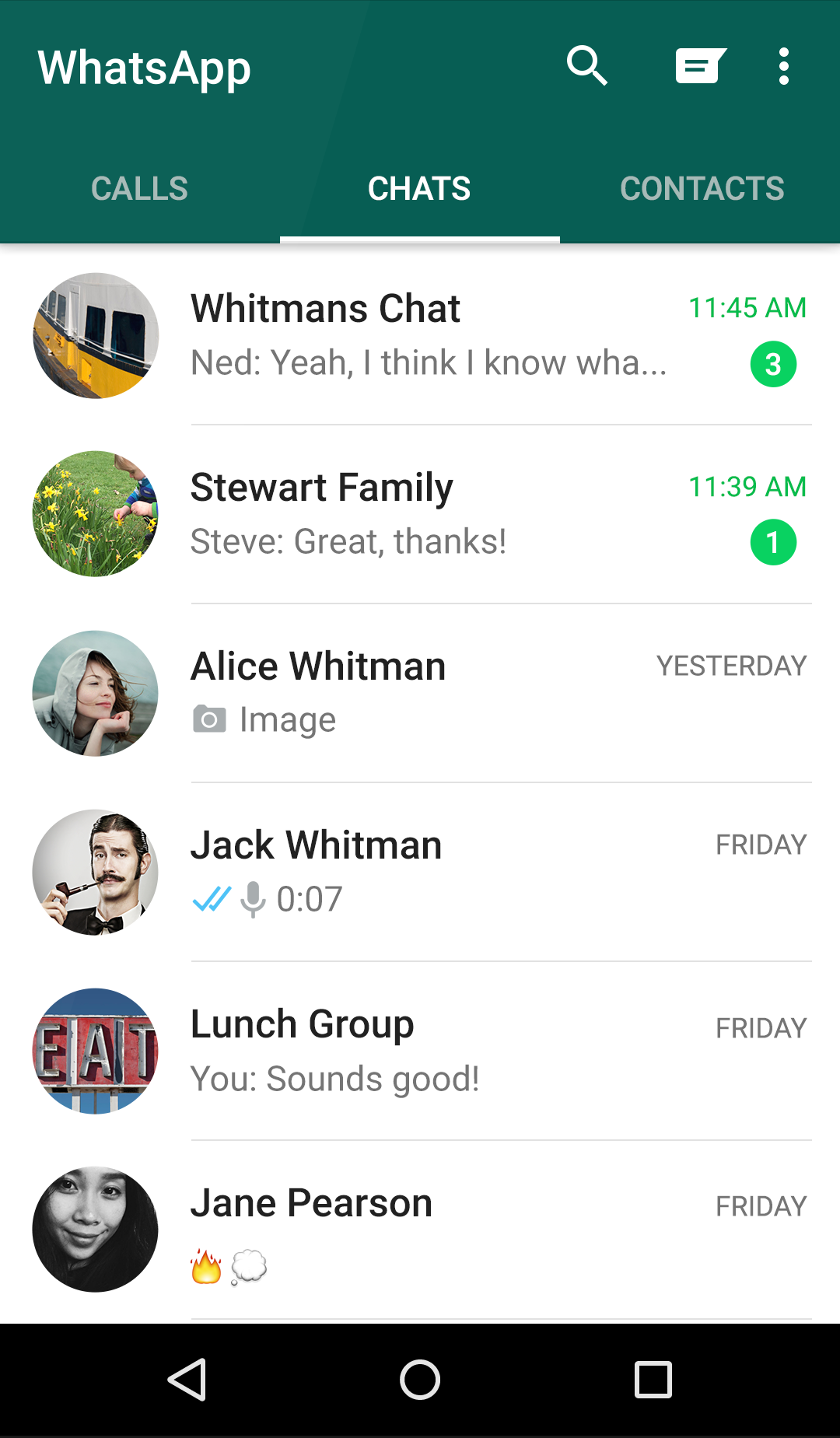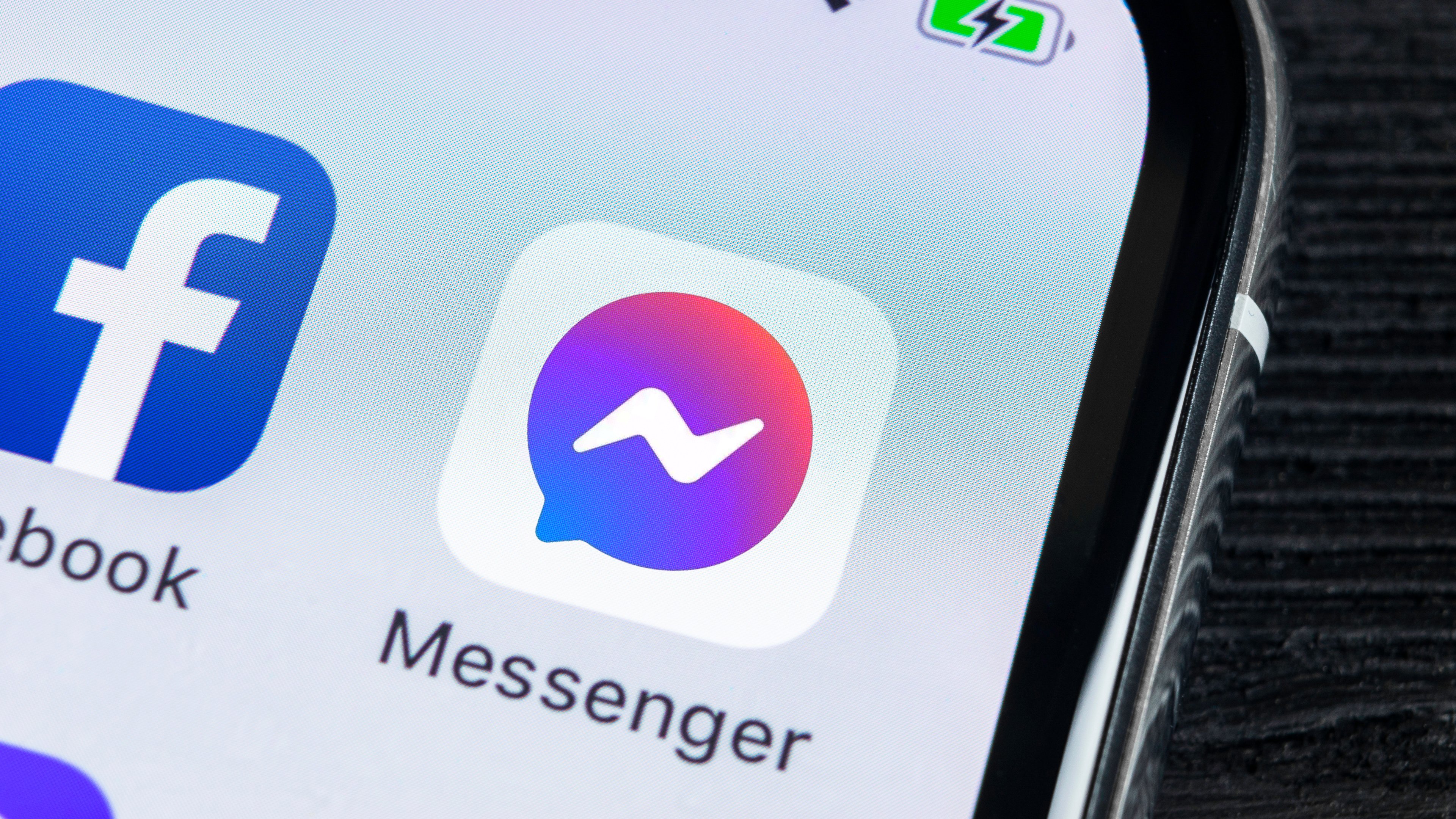

Web security firm CloudFlare offered more details about what happened, revealing that Facebook had effectively vanished from the internet. 'This disruption to network traffic had a cascading effect on the way our data centers communicate, bringing our services to a halt,' the statement said. That means, by default, your ISP, every WiFi network you've connected to, and your mobile network provider have a list of every site you've visited while using them.įacebook issued a statement saying the cause of the problem was a configuration change to the company's 'backbone routers', which coordinate network traffic between the tech giant's data centres. What many Internet users don't realise is that even if you're visiting a website that is encrypted, indicated by the green padlock in your browser's address bar, that doesn't keep your DNS resolver from knowing the identity of all the sites you visit. The problem is that these DNS services are often slow and don't respect your privacy. So, for most Internet users, when they connect to an ISP, or a WiFi hot spot, or a mobile network, the network operator will dictate what DNS resolver to use. Every device that connects to the Internet needs a DNS resolver.īy default, these resolvers are automatically set by whatever network you're connecting to.

On the other side of the DNS system are resolvers. Amazon, Cloudflare and Google are among the bigger names in authoritative DNS server provision. There are two sides of the DNS network: the authoritative side, ie webpages and other content, and the resolver side, devices that are trying to access this content.Įvery domain needs to have an authoritative DNS provider, servers which store DNS records. Whenever you click on a link, send an email, open a mobile app, often one of the first things that has to happen is your device needs to look up the address of a domain.

The Domain Name System, or DNS, is the directory of the internet.


 0 kommentar(er)
0 kommentar(er)
